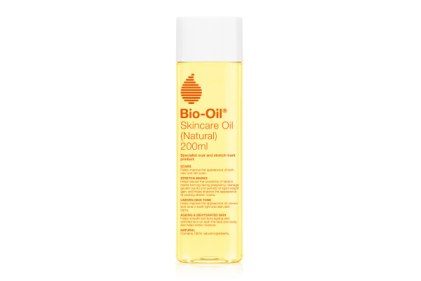There are some cheeses you can eat when pregnant and it’s important you continue to eat cheese as it is a great source of calcium for you and your baby’s bones. There are some cheeses that are not safe to eat and you should avoid them completely. The cheeses that are unsafe are more likely to have the listeria bacteria which is extremely harmful to your baby.
What cheeses are NOT safe to eat while pregnant?
- Blue veined cheeses such as Stilton, Roquefort or Cashel Blue, Wicklow Blue, or Danish Blue.
- Mould ripened / soft cheese e.g. Durrus, Cooleeney, Camembert, Brie and Chevre (a goats cheese)
Some will tell you that they are safe to eat when they are pasteurised but they aren’t. You should avoid them at all costs. Even when pasteurised, they are soft and moist and as a result are a thriving ground for bacteria such as listeria to grow.
If you do become infected with the listeria bacteria you will get sick with an illness called listeriosis. It is relatively mild illness with flu like symptoms that can develop several weeks after eating the cheese. However, whilst it is mild for mum, it is highly dangerous for your baby and can lead to the loss of your child at birth or miscarriage.
Cooking all foods properly kills bacteria and the cheeses mentioned above are no exception. If you cook with them, ensure that they are cooked properly i.e. they are piping hot all the way through. Melting the cheese is not enough to kill the bacteria.
Even though some hard cheeses are made with unpasteurised milk, they are considered safe to eat as the amount of the listeria bacteria is small.
This is the MummyPages guide to which cheeses are safe and unsafe when you are pregnant:
Unsafe cheeses in pregnancy
- All mould ripened soft cheeses including: Brie, Camembert, Cambozola, Chaumes, Chevre (goats cheese), Cooleeney, Couer de Neufchatel, Cremeux de Saint Parthem , Durrus, Pont l'eveque, Taleggio,
- All blue-veined cheeses including: Blue Wensleydale, Cashel Blue, Danish Blue, Dolcelatte, Gorgonzola, Wicklow Blue, Roquefort, Stilton or any French cheese that has “bleu” on the packaging.
- Soft, unpasteurised cheese, including goat's and sheep's cheeses: Chabichou due Poitou, Crottin de Chavignol.
Safe cheeses in pregnancy
- Hard cheeses which are safe include: Cheddar, Edam, Emmental, Gouda, Gruyere, Halloumi, Jarlsberg, Lancashire, Manchego, Paneer, Parmesan, hard Pecorino.
- Soft, processed cheeses which are safe include: garlic and herb roulade, cottage cheese, cream cheese such as Philadelphia, feta, goat's cheese without a white rind, Mascarpone, Mozzarella, processed cheese (such as cheese spread and cheese segments), Ricotta.
Other products
- Yoghurts (including natural and live variants), fromage frais, probiotic drinks, crème fraiche and sour cream are all safe to eat.





